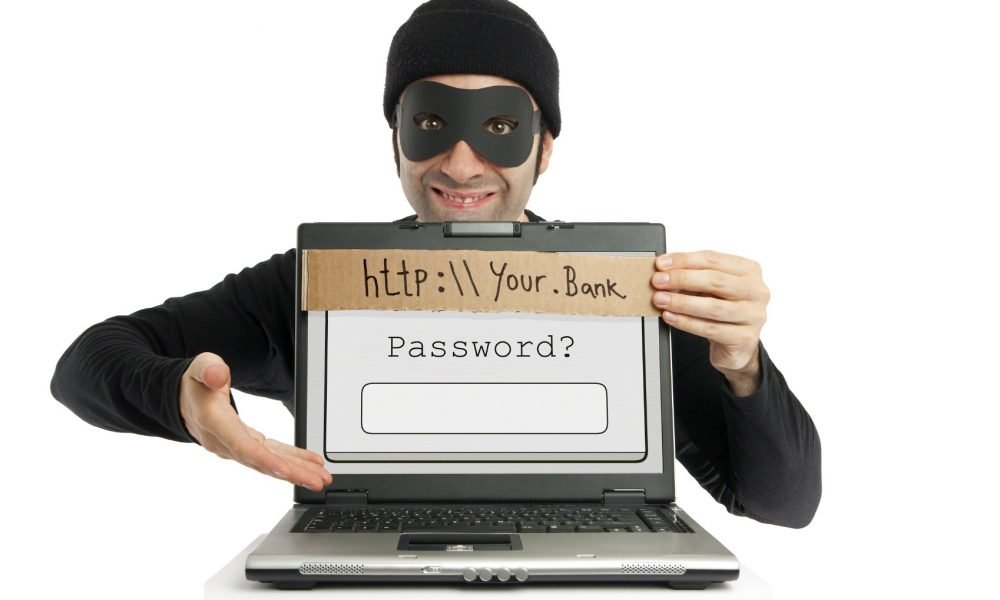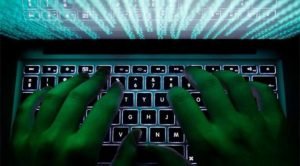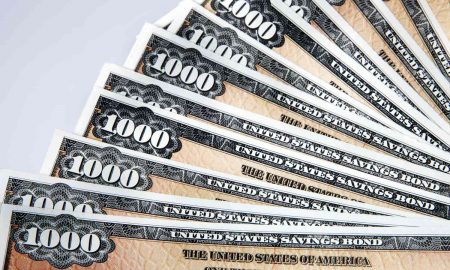
Various Types Of Banking Fraud You Should Avoid

As a consumer of a bank, you could be a potential target for scam artists who are looking to commit fraudulent activities. It will be essential for you to understand scam artists can strike at any time without warning and can leave you in the red in a number of ways.
The information provided above should not discern from dealing with a bank because if you make an effort to arm yourselves with proper information you can easily find the tools you need to protect yourself from scam artists. We are providing you information about how these unscrupulous individuals can cause personal and financial damages to you and hope you will exercise the caution needed to safeguard your account.
[su_quote cite=”Denis Kearney” class=”cust-pagination”]We are with you in this work. Workingmen must form a party of their own, take charge of the government, dispose gilded fraud, and put honest toil in power. [/su_quote]
Types of Fraud Threats You Can Face
When dealing with banking institutions of any type you can face the following threats from scam artists that will be trying to defraud you:
- Electronic fraud.
- Identity theft.
- Credit card and debit card fraud.
- Check fraud.
Merely understanding how scam artists will be attempting to defraud you will not prove beneficial unless you also have information about how you can safeguard yourself from such problems. Let us now look at some of the safety measures that you can adopt.
Credit Card And Debit Card Fraud

Credit card and debit card fraud is a criminal activity where either of these cards is cloned with the sole intention of using the credit balance or to obtain some financial advantage. This crime is also known as skimming and can occur even the local supermarket when you make purchases and payments with your card. The information contained on the magnetic strip is reproduced to clone your card. Such activities can also take place when your cards are lost or stolen. What are the safety measures you can adopt to prevent fraud of this type?
- Never let a card out of your sight even in a restaurant. Always have the card in your presence.
- Always retain your billing statements in a safe place.
- Have your signature on the card in ink the moment you receive it.
- Never offer your card number two unknown people or strangers.
Check Fraud
Check fraud is quite common and sends them the intention of the fraudster is to alter the check to use it for legitimate purposes. If you are trying to safeguard yourselves from check fraud you should be following the instructions mentioned below.
- Keep a proper tab on your accounts and reconcile the accounts regularly.
- Never sign blank checks before completing all details including the amount to be paid to the payee.
- When not required always keep your checkbooks at a safe location.
- Consider using electronic methods of payment rather than checkbooks.
Electronic Fraud

Numerous people have been getting hoax emails which appear to be similar to genuine emails from the bank. The emails regularly ask consumers their security details and ask for passwords and other sensitive information. Some of these emails even intimate customers to install fresh software to keep their computers safe. You are advised not to believe any of these emails because they are in most cases not coming in from the bank but from fraudsters that are looking to scam you. You must consider the email carefully and even contact your bank if you are suspicious about the same.
[su_quote cite=”William Graham Sumner” class=”cust-pagination”]Undoubtedly there are, in connection with each of these things, cases of fraud, swindling, and other financial crimes; that is to say, the greed and selfishness of men are perpetual. [/su_quote]
Identity Theft
Identity theft is when your personal details are obtained by four different methods in order to derive some financial benefit and often leaving the owner with numerous problems which can prove harmful. The fraudsters could steal the mail from your mailbox at home, via the Internet and even by conducting fax and phone scams. Your identity can also be assumed by looking at your utility bills, date of birth and your address. You should be taking adequate measures to safeguard your identity because it can cost you a lot more than just your name.
More in Bank Stories
-
How LVMH Became a $500 Billion Luxury Empire
LVMH Moët Hennessy Louis Vuitton is a name synonymous with luxury and opulence. The brand has crafted not just products but...
December 2, 2023 -
Women Spend 20% More Per Year on Out-of-Pocket Health Costs
A recent report from Deloitte has brought to light a concerning issue in the world of healthcare – women spend a...
November 24, 2023 -
How Sound Baths Can Soothe Your Mind, Body and Soul
Have you ever been so caught up in a song that you felt the world melt away? Music, in its many...
November 18, 2023 -
What to Know Before Rebalancing Your Investment Portfolio
Managing an investment portfolio is akin to steering a ship through ever-changing waters. Periodic adjustments are necessary to ensure you stay...
November 11, 2023 -
Jeff Bezos and Fiancée Lauren Sánchez’s Extravagant $500 Million Superyacht
Get ready to set sail on a journey into the opulent world of Amazon founder Jeff Bezos and his fiancée Lauren...
October 31, 2023 -
How to File Your Taxes: A Comprehensive Guide
Filing your taxes can be daunting, but with the right knowledge and preparation, it doesn’t have to be overwhelming. Taxes are...
October 26, 2023 -
Make Your Kids Mini Master Chefs | Here’s How
For many of us, the kitchen is the heart of our homes – a place where magic happens, one dish at...
October 19, 2023 -
Deciphering Stock Market Sell Signals
In the fast-paced world of stock trading, understanding when to sell your investments is just as crucial as knowing when to...
October 12, 2023 -
Why the U.K. Is Now the Supercar Capital of the World
Often, when we think of the United Kingdom, images of double-decker buses, regal palaces, and afternoon tea come to mind. Supercars,...
October 7, 2023















You must be logged in to post a comment Login